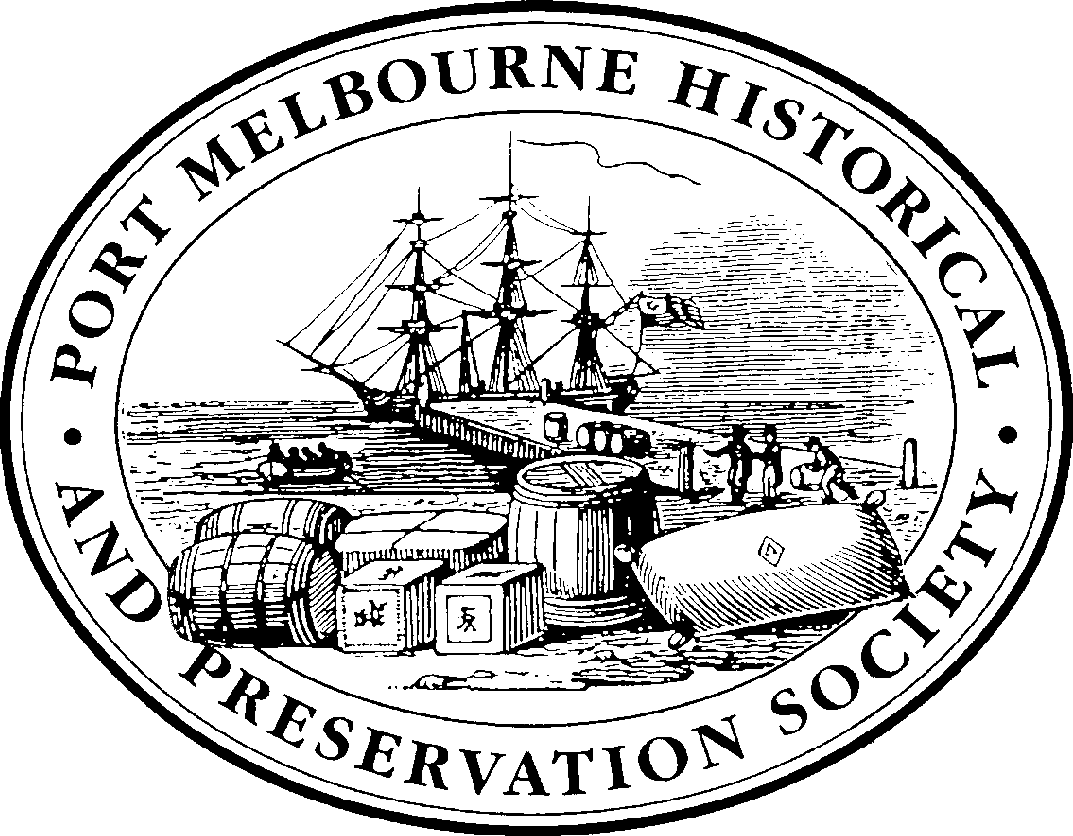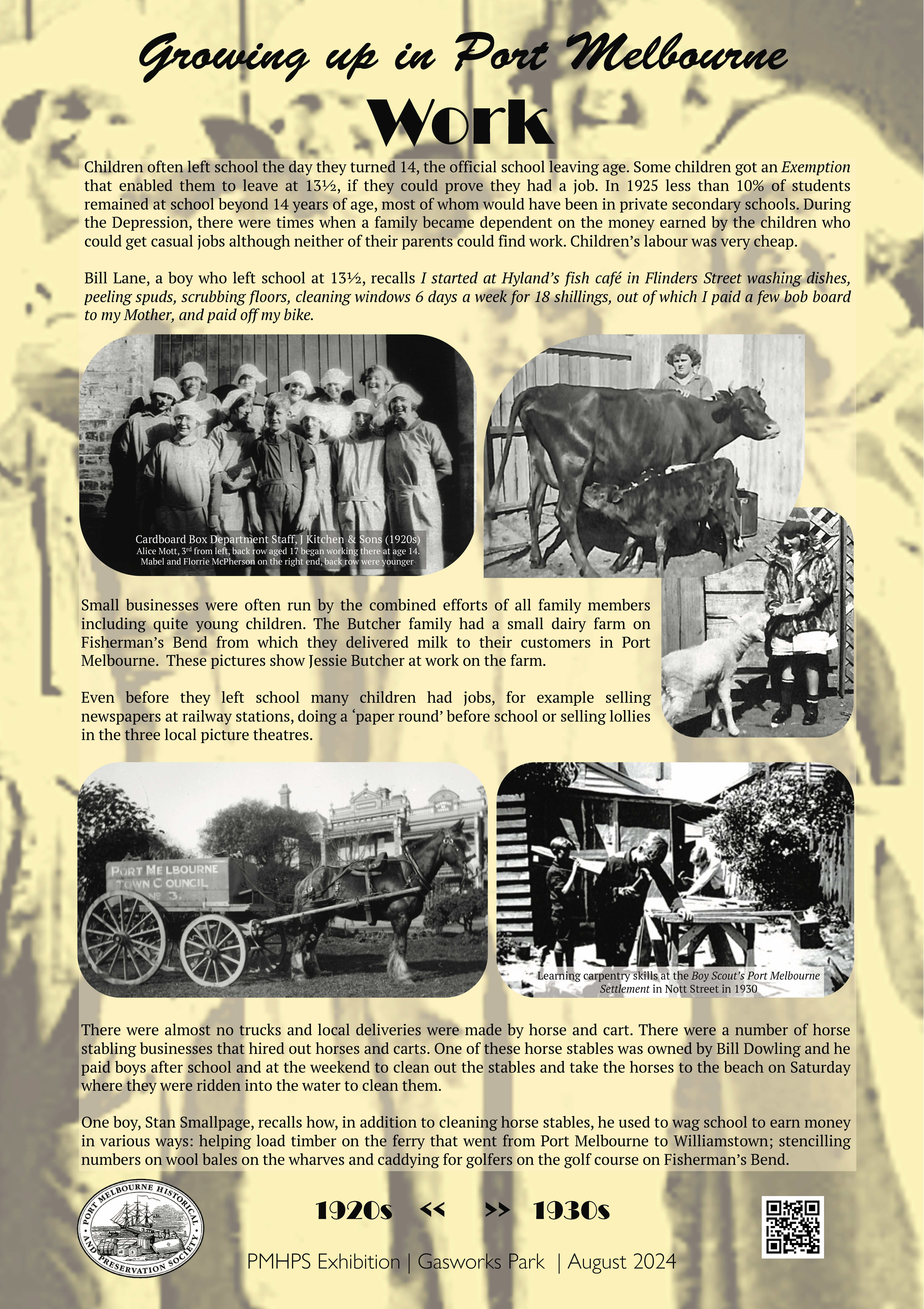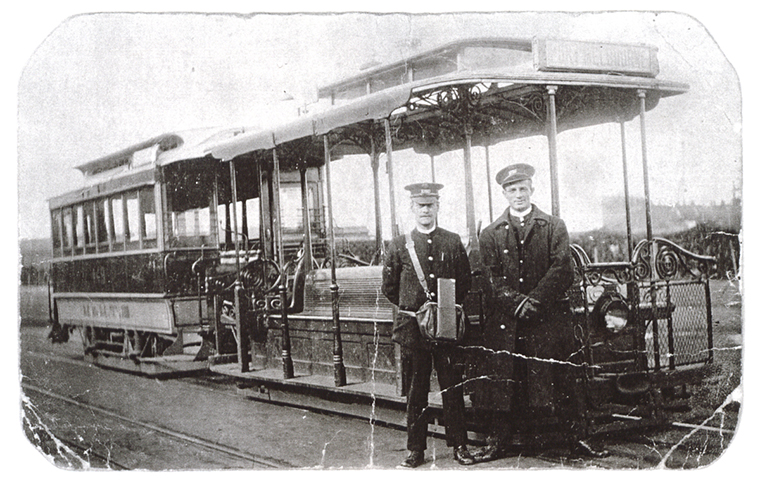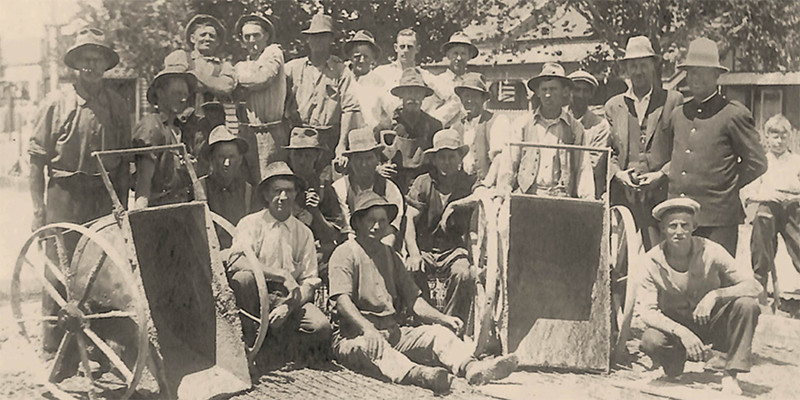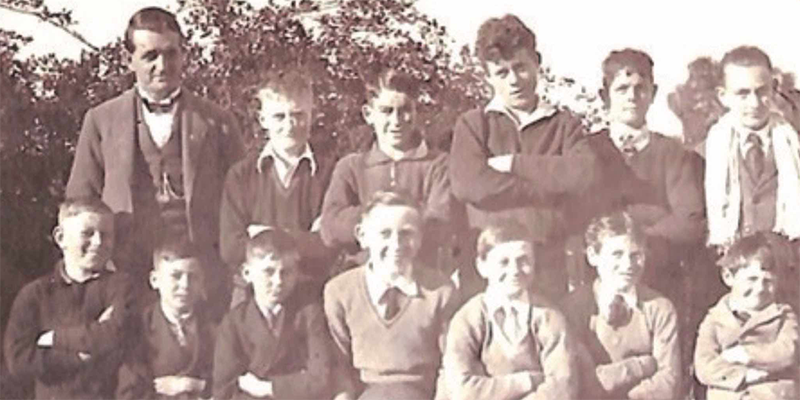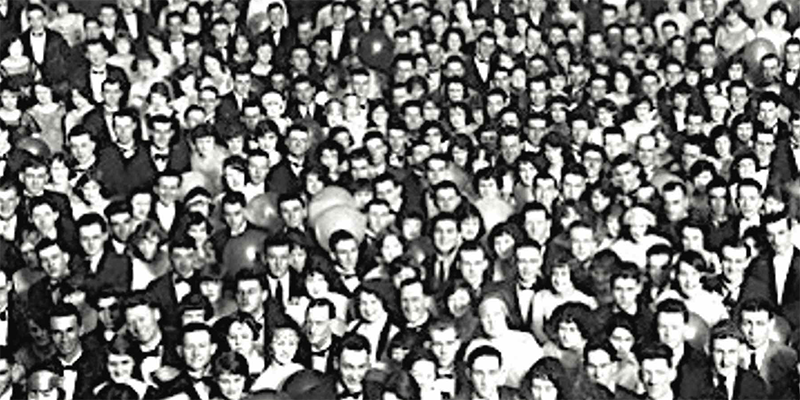Growing up in Port Melbourne – Work
Of all the accounts of children’s work in the Society’s collection that of Sam Littlepage stands out. This account was sent to his grand-daughter who was doing a school project It is dated 30th June 2000. Stan’s daughter, Judith Theobold, typed up the account from her father’s dictation because his literacy skills were limited. This is not surprising when you read the text.
Since Gran and I received your letter asking for information about our childhood and school in our time, I have been thinking a lot about old times and hope you find the following information of some use for your project.
As you already know, I grew up in Port Melbourne. I started school in the early 1920s and Port Melbourne was very different town then to what it is now. Being a working class area Port was hit very hard by the depression of the 1920s and most families really had to struggle to get by. You may find it hard to imagine, but many of the children I went to school with did not even possess one pair of shoes. Port was a very close-knit community and everyone stuck together and helped each other wherever possible though tough times. When I went to school every child was given a cup of cocoa as soon as they arrived at school because many families did not even have enough food for breakfast. …
Because my birthday was in August, I shouldn’t have started school until the following year but my mother stated that the date of birth was May which allowed me to start school before I turned 5. In those days the school day was longer, too, starting at 9.00am and going through to 4.00pm. …
Occasionally I wagged school for the day and worked for old Bill Dowling at the Port Melbourne timber yard. Sawn timber used to be delivered to the Port timber yard and then loaded on to long timber jinkers which were pulled by a four-horse team. We used to ride the timber jinkers down Williamstown Road to the old punt which used to operate across the Yarra River. We used to cross the river on the punt and then unload the timber at the Newport timber yard. When the jinkers were unloaded we would bring the empty jinkers back on the punt to Port Melbourne. It used to take all day to do this one trip.
Sometimes I would also wag school to earn a little money by caddying for someone playing golf at the Port Melbourne and Sandridge Golf Links. These golf links have long been gone for many years as the big General Motors plant was built on that site well before the War.
When I was ten or eleven years old, I could sometimes get a job working at night on the wharves. You were considered very lucky if you knew someone who worked on the wharves and could get a job for you. …
In those days there was no bulk handling of wheat as there is now. All wheat came in large wheat bags. We would earn about two shillings (that’s about 20 cents) a night to brand the wheat bags with a stencil and brush before they were loaded onto ships. We used to start work at 11.00pm and were supposed to work though to 7.00am, but the “wharfies” (the men who worked on the wharves) used to look after us boys and often let us sleep on the bags underneath the pier and wake us in time to go home and get ready for school.
One thing many children used to do then but which would bever be tolerated now is “whipping” the cable trams.
The cables trams were different to the trams we have now and ran on an endless cable situated between two tram tracks. The sloyd (woodwork) school was situated in City Road, South Melbourne, and the only way we could get there was to walk as we could not afford to pay to go on the cable trams. As the cable trams were starting off, we would grab onto the back of them and hitch a ride to the next stop. That certainly was easier than walking such a long way.
When I was at school the legal age was fourteen, but because of the depression you could leave school at thirteen if you had a permit showing that you had a job to go to. Because my mother put the date of my birth back when I started school, I actually left school when I was only twelve and a half years old and went to work for my brother, Bob, who had a grocery shop.
You have just turned twelve, and it must be so hard for you to try to compare your life now with mine at the same age, but I do hope these notes have been of some help to you in shedding some light on what life was like as a child growing up in Port Melbourne in my generation.
You are so fortunate to attend such a good school and have so many opportunities available to you. Gran and I hope that you will make the most of them.
